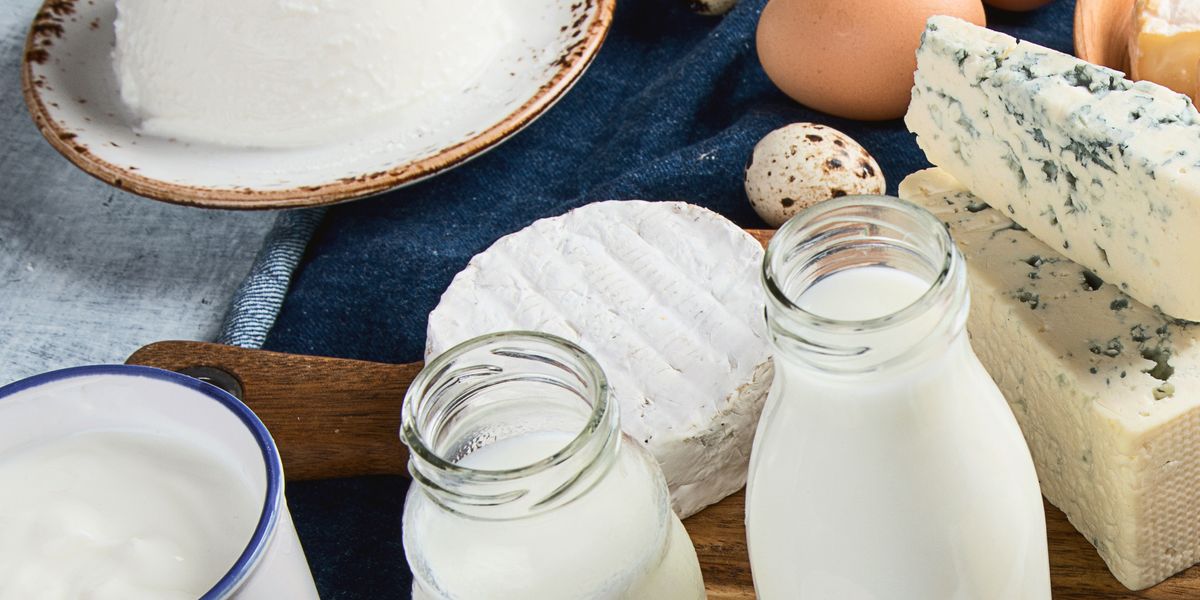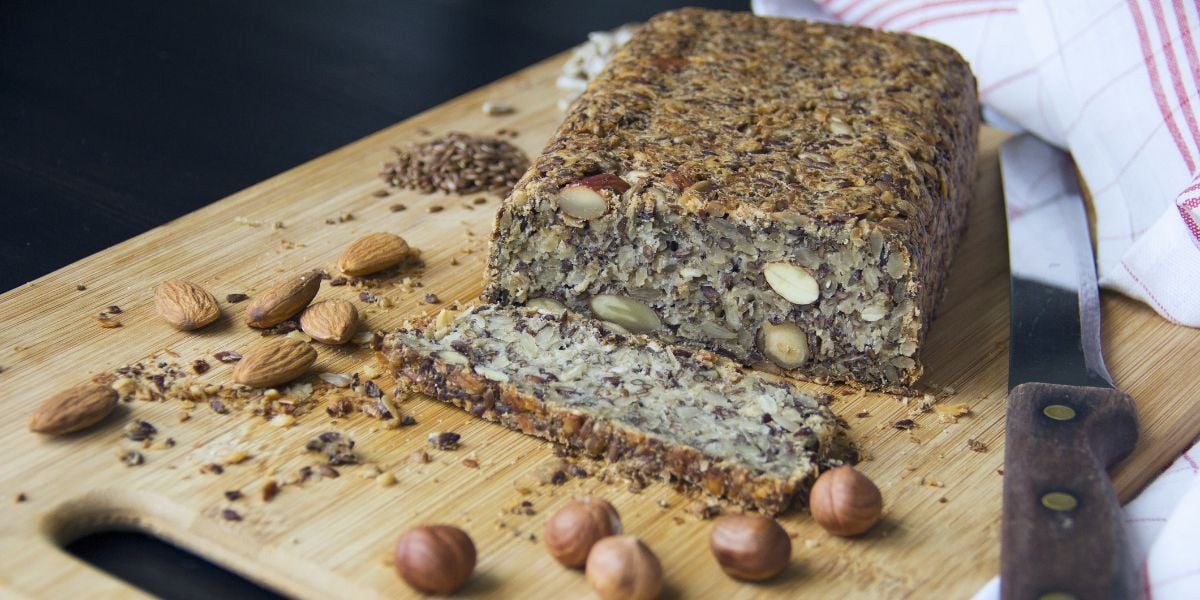Dairy foods are a popular dietary choice and with low fat and lactose free dairy available, there’s more choice for those following different diets.
Dairy products have long been thought to be good for bones , however, there are differing views on this health benefit.
Which foods count as dairy?
Dairy foods are those which are derived animal milk and include:
- Milk
- Cream
- Yoghurt
- Cheese
- Butter
Unsweetened dairy products tend to be a popular choice amongst people following low carbohydrate diets
Health benefits of dairy food
Diary foods contain a good source of calcium, protein and vitamin B12.
The National Osteoporosis Society recommends a daily intake of 700mg of calcium for adults.
This is roughly equivalent to the calcium content in a pint of milk with other sources of calcium including:
- Beans
- Dark green vegetables such as kale and broccoli
- Fish with edible bones such as sardines and salmon
Protein is important for muscle repair and growth and vitamin B12 is good for the nervous system
Health risks of dairy food
Lactose intolerance is relatively common and has been found to be more prevalent in people of Asian and African-Caribbean descent.
Classic symptoms of lactose intolerance include stomach pains or cramps, feeling bloated or experiencing flatulence or diarrhoea after having dairy products.
A number of lactose free products are now available in most large supermarkets.
Full fat dairy foods have relatively high calorie contents so should be eaten in moderation. Low fat and dairy products made from skimmed milk offer a lower calorie alternative.
Despite often being touted as good for our bones, some health groups, including the Physicians Committee for Responsible Medicine in the US, note that whilst research has shown calcium to be good for bones, the benefits of dairy itself have yet to be convincingly proven.
Storage and hygiene of dairy food
Dairy food should be refridgerated when not being consumed as exposure to warmer temperatures will allow potentially dangerous levels of bacteria to grow in the dairy product.
Dairy products beyond their use by date are best discarded to prevent food poisoning occurring. Throw away any dairy products that smell rancid.








